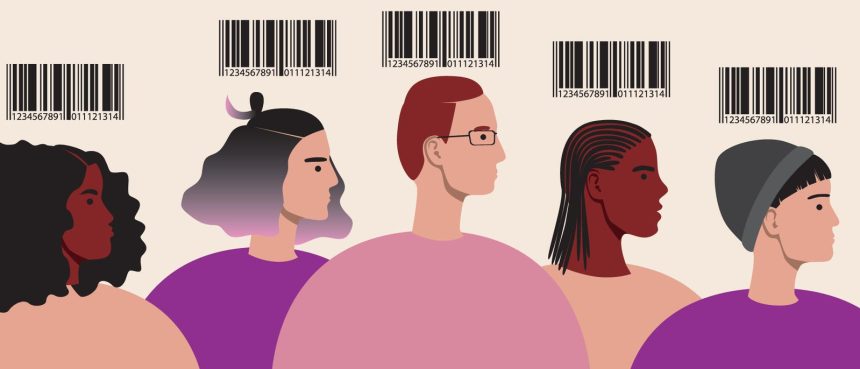The human mind, inherently seeking simplicity, consistently categorizes and patterns information, creating a vulnerability to bias. This inherent drive for efficiency fosters binary thinking, reducing complex realities into simplistic “us versus them” narratives. While this cognitive shortcut serves us well in consuming entertainment, its application to social dynamics and human relationships is detrimental, fostering stereotypes and hindering genuine understanding. We label individuals and groups, constructing social realities based on these oversimplified perceptions. These labels then become self-fulfilling prophecies, influencing future interactions and reinforcing pre-existing biases. This tendency is not malice but rather a consequence of our brains’ natural inclination to streamline information processing.
This labeling tendency aligns with Bayesian logic, where we interpret new experiences through the prism of prior probabilities. While efficient for decision-making, this process often overlooks crucial nuances in present situations. By clinging to past labels, we risk misjudging individuals and perpetuating harmful stereotypes. This binary logic, where everything must fit into predefined categories, ignores the rich spectrum of human experience and the beauty of diversity. It creates an “other” category, a catch-all for anything that deviates from the established norm, further reinforcing exclusion and misunderstanding. Breaking free from this rigid categorization is crucial for fostering genuine connection and appreciating the complexities of human interaction.
The implications of this cognitive bias extend beyond individual interactions, permeating systems, institutions, and, critically, the rapidly evolving field of artificial intelligence. AI, mirroring human intelligence, is susceptible to, and even amplifies, these biases. The use of proxy data, necessary for training AI systems, introduces layers of potential bias. Since direct measurement is often impossible, closely correlated metrics are employed as stand-ins. However, these proxies carry inherent assumptions and limitations, reflecting the biases of the data scientists, annotators, and users involved in the AI’s development.
This reliance on proxy data, combined with the inherent biases present in the training datasets, creates a feedback loop, reinforcing and potentially exacerbating existing societal prejudices. From the initial design choices to the data collection process, biases can seep into every stage of AI development. The lack of diversity among developers further contributes to skewed datasets and biased outputs, reflecting a limited perspective that fails to encompass the full spectrum of human experience. The resulting algorithms, therefore, inherit and perpetuate the blind spots of their creators, raising serious ethical concerns.
The consequences of biased AI are not theoretical; they manifest in real-world scenarios with tangible, and often detrimental, impacts. Facial recognition technology, for instance, exhibits higher error rates for individuals with darker skin tones, perpetuating systemic inequalities. Similarly, AI-driven hiring tools trained on data from homogenous workforces can unconsciously discriminate against qualified candidates from underrepresented groups. Credit scoring algorithms, too, can unfairly penalize individuals from specific demographics, further exacerbating existing economic disparities. These examples underscore the urgent need to address bias in AI, not merely as a technical flaw but as a reflection of deeper societal biases that require critical examination.
Addressing this complex challenge necessitates a multi-faceted approach encompassing both individual awareness and systemic change. At the individual level, acknowledging our own biases and how they influence our interactions is crucial. This self-awareness forms the foundation for more mindful engagement with others and with technology. Extending this awareness to the development and deployment of AI requires a conscious effort to mitigate bias at every stage, from data collection and algorithm design to user interaction. A framework focused on Awareness, Appreciation, Acceptance, and Accountability can guide this process. This A-Frame approach emphasizes recognizing biases, valuing diversity, acknowledging limitations, and taking responsibility for the ethical implications of AI development and deployment. The ultimate goal is to transcend binary thinking, both in human cognition and in the algorithms that increasingly shape our world, fostering a future where technology serves humanity equitably and inclusively. Moving beyond these limiting boxes opens up a world of possibilities, allowing us to appreciate the richness and complexity of human experience and unlock the full potential of technological innovation. By embracing nuance and challenging our ingrained biases, we can create a more just and equitable future for all.



